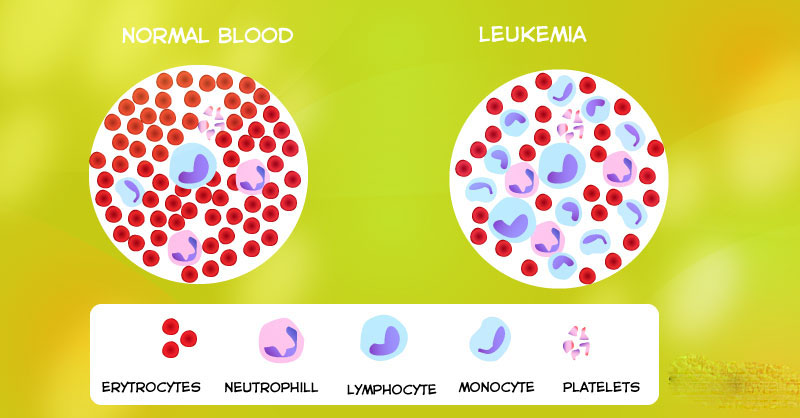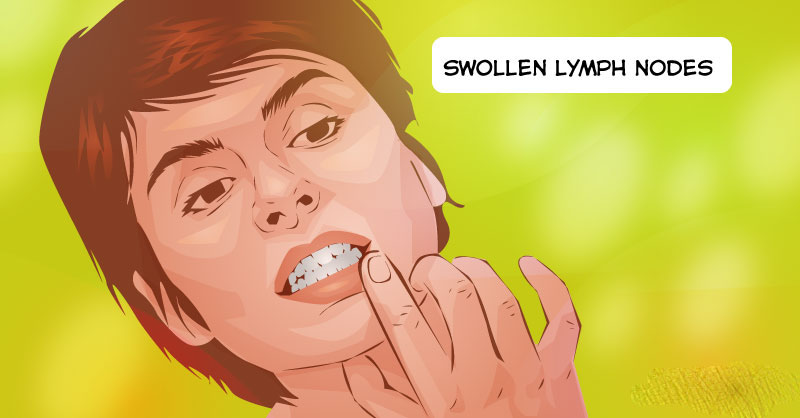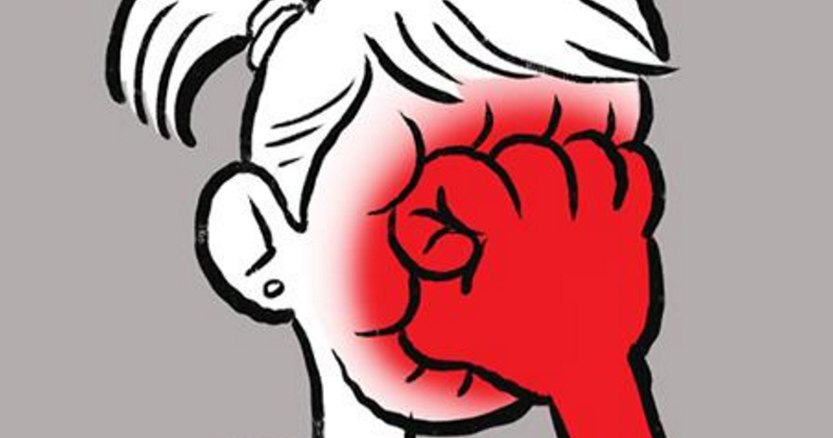Leukemia is a rather common type of cancer. According to the National Cancer Institute, leukemia accounts for 3.7% of all new cancer cases in the United States. Leukemia is also the most common cancer in children and adolescents and is responsible for 1 in 3 cancer cases in this age group.
Types of leukemia
Leukemia is characterized by the production of abnormal white blood cells. The most common types of the disease are the following:
- lymphocytic leukemia – affects lymphocytes which develop into lymphatic tissue that is part of your immune system;
- myelogenous leukemia – affects myeloid cells which develop into red blood cells, white blood cells, and platelet-producing cells.

Each of this types has two forms:
- chronic – develops slowly, may take years to show symptoms;
- acute – develops rapidly and requires immediate aggressive treatment.
Signs and symptoms of leukemia
Symptoms of leukemia may be subtle at first. As the disease progresses, the following signs and symptoms appear:
1. Weakness and fatigue
This symptom is present in most cancer patients. People with leukemia usually feel weak and drained of energy due to anemia (lack of circulating red blood cells).
2. Pale skin

This is a common symptom in leukemia patients and also develops due to anemia.
3. Frequent infections
In people with leukemia, white blood cells can’t function properly and fight off infections effectively. This leads to frequent infections that also last longer.
4. Bleedings and bruising easily
People with leukemia may have bleeding gums, nosebleeds, and blood in the urine and stool. Some people affected by the disease may also notice tiny red spots on their skin (petechiae). Another symptom is slow healing of wounds and bruises.
5. Swollen lymph nodes

In people with leukemia, abnormal lymphocytes may accumulate in the lymph nodes. Areas where enlarged lymph nodes are the most visible include neck, armpits, groin, and collarbone.
Other symptoms of leukemia may include:
- loss of appetite and weight;
- fever and chills;
- irregular heartbeat;
- headache;
- sweating profusely, especially at night;
- bone and joint pain.
If you have any of the symptoms listed above, schedule an appointment with your doctor. Some of these symptoms may be a sign of a different health problem, but it’s important to have them checked by a specialist anyway.





